Text Originally published Sept. 17, 2024
Aysenur Ezgi Eygi - by Mr. Fish
I know you. I met you in the dense canopies in the war in El Salvador. It was there that I first heard the single, high-pitched crack of the sniper bullet. Distinct. Ominous. A sound that spreads terror. Army units I traveled with, enraged by the lethal accuracy of rebel snipers, set up heavy .50 caliber machine guns and sprayed the foliage overhead until your body, a bloodied and mangled pulp, dropped to the ground.
I saw you at work in Basra in Iraq and of course Gaza, where on a fall afternoon at the Netzarim Junction, you shot dead a young man a few feet away from me. We carried his limp body up the road.
I lived with you in Sarajevo during the war. You were only a few hundred yards away, perched in high rises that looked down on the city. I witnessed your daily carnage. At dusk, I saw you fire a round in the gloom at an old man and his wife bent over their tiny vegetable plot. You missed. She ran, haltingly, for cover. He did not. You fired again. I concede the light was fading. It was hard to see. Then, the third time, you killed him. This is one of those memories of war I see in my head over and over and over and never talk about. I watched it from the back of the Holiday Inn, but by now I have seen it, or the shadows of it, hundreds of times.
You targeted me, too. You struck down colleagues and friends. I was in your sights traveling from northern Albania into Kosovo with 600 fighters from the Kosovo Liberation Army, each insurgent carrying an extra AK-47 to hand off to a comrade. Three shots. That crisp crack, too familiar. You must have been far away. Or maybe you were a bad shot, although you came close. I scrambled for cover behind a rock. My two bodyguards bent over me, panting, the green pouches strapped to their chests packed full of grenades.
I know how you talk. The black humor. “Pint sized terrorists” you say of the children you kill. You are proud of your skills. It gives you cachet. You cradle your weapon as if it is an extension of your body. You admire its despicable beauty. This is who you are. A killer.
In your society of killers, you are respected, rewarded, promoted. You are numb to the suffering you inflict. Maybe you enjoy it. Maybe you think you are protecting yourself, your identity, your comrades, your nation. Maybe you believe the killing is a necessary evil, a way to make sure Palestinians die before they can strike. Maybe you have surrendered your morality to the blind obedience of the military, subsumed yourself into the industrial machinery of death. Maybe you are scared to die. Maybe you want to prove to yourself and others that you are tough, you can kill. Maybe your mind is so warped that you believe killing is righteous.
You are intoxicated by the god-like power to revoke another person’s charter to live on this earth. You revel in the intimacy of it. You see in fine detail through the telescopic sight, the nose and mouth of your victim. The triangle of death. You hold your breath. You pull slowly, gently on the trigger. And then the pink puff. Severed spinal cord. Death. It is over.
You were the last person to see Aysenur alive. You were the first person to see her dead.
This is you now. And now no one can reach you. You are death’s angel. You are numb and cold. But, I suspect, this will not last. I covered war for a long time. I know, even if you do not, the next chapter of your life. I know what happens when you leave the embrace of the military, when you are no longer a cog in these factories of death. I know the hell you are about to enter.
It starts like this. All the skills you acquired as a killer on the outside are useless. Maybe you go back. Maybe you become a gun for hire. But this will only delay the inevitable. You can run, for a while, but you cannot run forever. There will be reckoning. And it is the reckoning I will tell you about.
You will face a choice. Live the rest of your life, stunted, numb, cut off from yourself, cut off from those around you. Descend into a psychopathic fog, trapped in the absurd, interdependent lies that justify mass murder. There are killers, years later, who say they are proud of their work, who claim not a moment’s regret. But I have not been inside their nightmares. If this is you then you will never again truly live.
Of course, you do not talk about what you did to those around you, certainly not to your family. They think you are a good person. You know this is a lie. The numbness, usually, wears off. You look in the mirror, and if you have any shred of conscience left, your reflection disturbs you. But you repress the bitterness. You escape down the rabbit hole of opioids and alcohol. Your intimate relationships, because you cannot feel, because you bury your self-loathing, disintegrate. This escape works. For a while. But then you go into such darkness that the stimulants you use to blunt your pain begin to destroy you. And maybe that is how you die. I have known many who died like that. And I have known those who ended it quickly. A gun to the head.
Between 1973 and 2024, 1,227 Israeli soldiers committed suicide according to official statistics, but the actual number is believed to be far higher. In the U.S. an average of 16 veterans commit suicide every day.
I have trauma from war. But the worst trauma I do not have. The worst trauma from war is not what you saw. It is not what you experienced. The worst trauma is what you did. They have names for it. Moral injury. Perpetrator Induced Traumatic Stress. But that seems tepid given the hot, burning coals of rage, the night terrors, the despair. Those around you know something is terribly, terribly wrong. They fear your darkness. But you do not let them into your labyrinth of pain.
And then, one day, you reach out for love. Love is the opposite of war. War is about smut. It is about pornography. It is about turning other human beings into objects, maybe sexual objects, but I also mean this literally, for war turns people into corpses. Corpses are the end product of war, what comes off its assembly line. So, you will want love, but the angel of death has made a Faustian bargain. It is this. It is the hell of not being able to love. You will carry this death inside you for the rest of your life. It corrodes your soul. Yes. We have souls. You sold yours. And the cost is very, very high. It means that what you want, what you most desperately need in life, you cannot attain.
Then one day, maybe you are a father or a mother or an uncle or an aunt, and a young woman you love, or want to love as a daughter, comes into your life. You see in her, it will come in a flash, Aysenur’s face. The young woman you murdered. Come back to life. Israeli now. Speaking Hebrew. Innocent. Good. Full of hope. The full force of what you did, who you were, who you are, will hit you like an avalanche.
You will spend days wanting to cry and not knowing why. You will be consumed by guilt. You will believe that because of what you did the life of this other young woman is in danger. Divine retribution. You will tell yourself this is absurd, but you will believe it anyway. Your life will start to include little offerings of goodness to others as if these offerings will appease a vengeful god, as if these offerings will save her from harm, from death. But nothing can wipe away the stain of murder.
Yes. You killed Aysenur. You killed others. Palestinians who you dehumanized and taught yourself to hate. Human animals. Terrorists. Barbarians. But it is harder to dehumanize her. You know, you saw it through your scope, she was no threat. She did not throw rocks, the paltry justification the Israeli army uses to shoot live rounds at Palestinians, including children.
You will be overwhelmed with sorrow. Regret. Shame. Grief. Despair. Alienation. You will have an existential crisis. You will know that all the values you were taught to honor in school, at worship, in your home, are not the values you upheld. You will hate yourself. You will not say this out loud. You may, one way or another, extinguish yourself.
There is a part of me that says you deserve this torment. There is a part of me that wants you to suffer for the loss you inflicted on Aysenur’s family and friends, to pay for taking the life of this courageous and gifted woman.
Shooting unarmed people is not bravery. It is not courage. It is not even war. It is a crime. It is murder. You are a murderer. I am sure you were not ordered to kill Aysenur. You shot Aysenur in the head because you could, because you felt like it. Israel runs an open-air shooting gallery in Gaza and the West Bank. Total impunity. Murder as sport.
You will, one day, not be the killer you are now. You will exhaust yourself trying to ward off demons. You will desperately want to be human. You will want to love and be loved. Maybe you will make it. Being human again. But that will mean a life of contrition. It will mean making your crime public. It will mean begging, on your knees, for forgiveness. It will mean forgiving yourself. This is very hard. It will mean orientating every aspect of your life to nurturing life rather than extinguishing it. This will be your only hope for salvation. If you do not take it, you are damned.

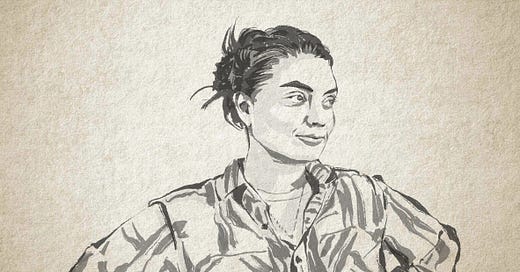


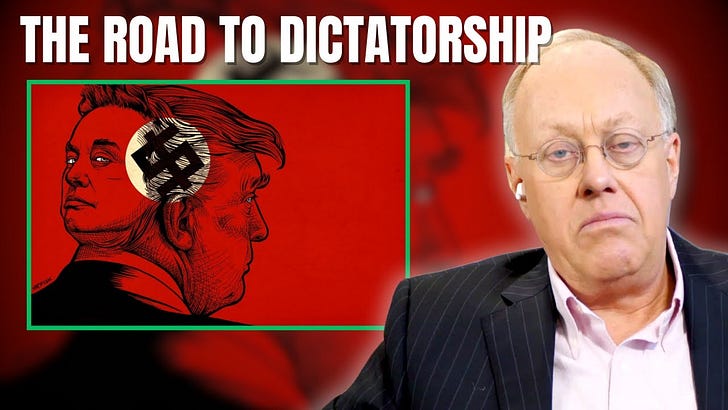
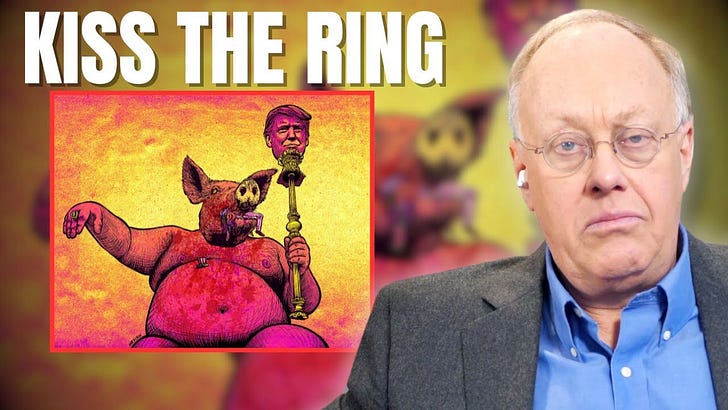
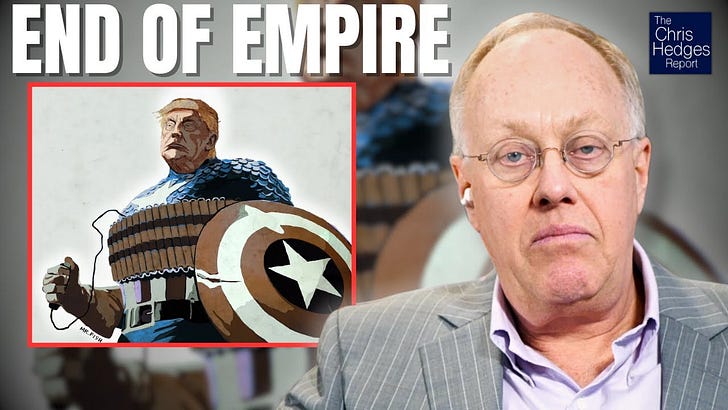
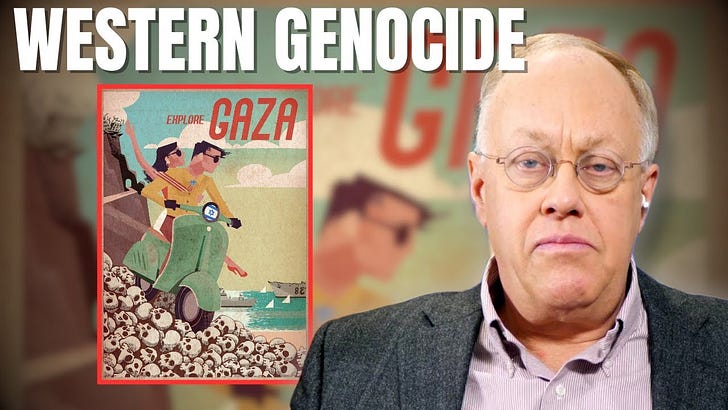
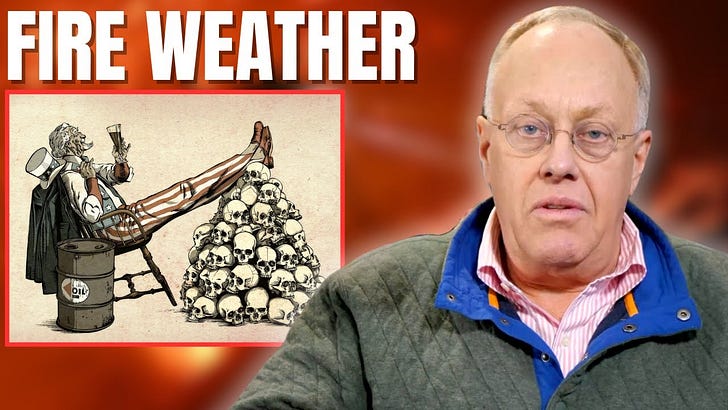
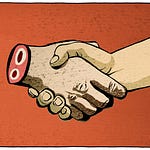


Share this post